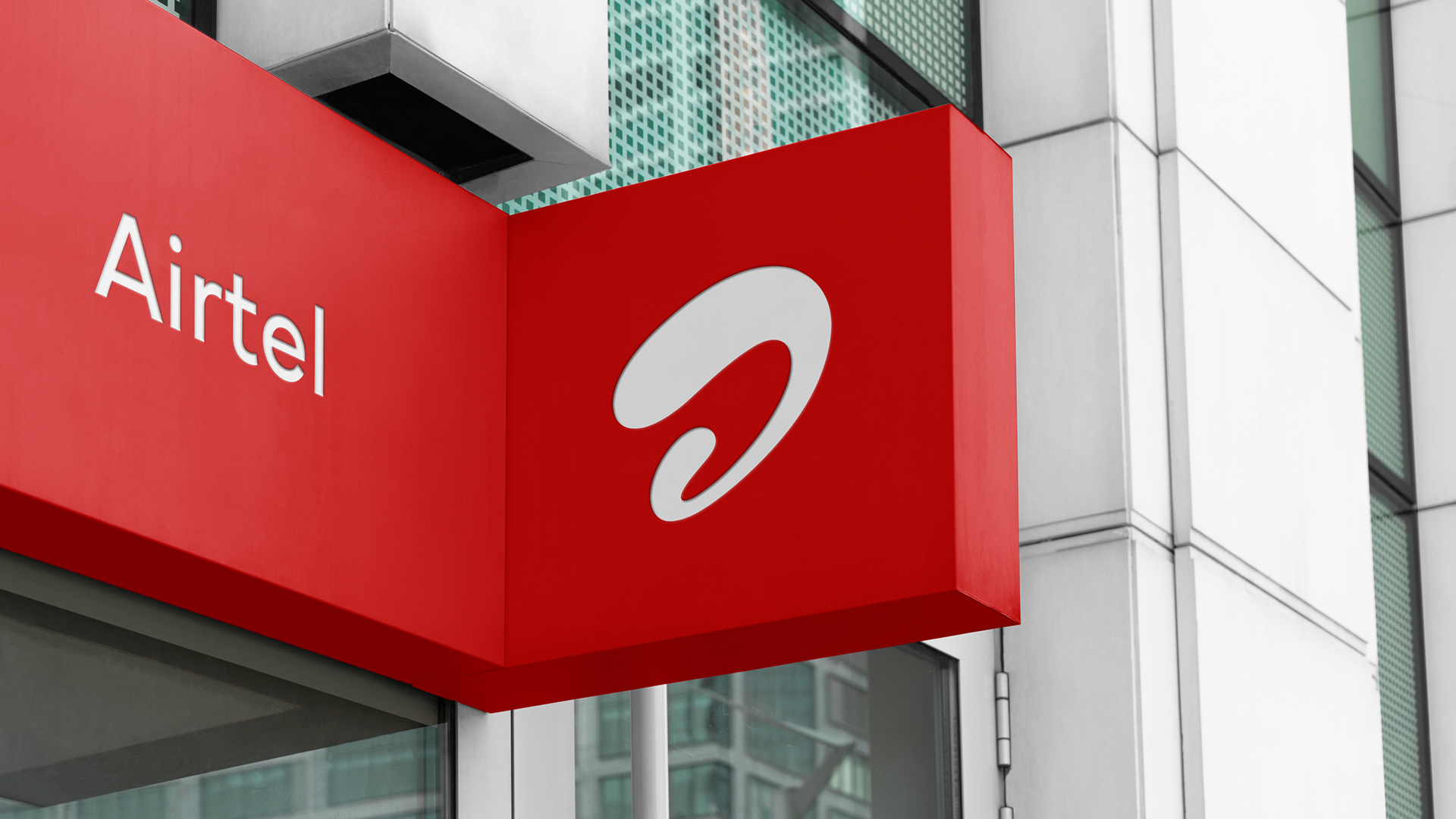





4
The decision by the Reserve Bank of India to approve NBFC status for Airtel Money marks a major step in the evolution of telecom led financial services. For Bharti Airtel, this is not just a regulatory milestone. It is a strategic shift that could reshape how telecom companies participate in India’s fast growing fintech ecosystem.
Investors and analysts are closely watching this development because it signals a broader trend. Telecom companies are no longer only connectivity providers. They are transforming into digital platforms offering payments, credit, and financial solutions.
NBFC registration allows Airtel Money to offer a wider range of financial services. These include lending, microcredit products, and structured financial solutions. Earlier, wallet services were largely limited to payments and transfers. With NBFC status, Airtel can move deeper into financial intermediation.
This change is important because lending generates higher margins than payments alone. Payments build user base. Lending builds profitability.
Approval from India’s central bank strengthens trust. Financial services depend heavily on user confidence. When a platform operates under strict supervision, customers feel more comfortable using it for larger transactions or credit products.
Telecom companies hold a powerful advantage. They already have millions of customers, verified identities, and billing relationships. Airtel can use this base to cross sell financial products.
Imagine a prepaid user who recharges monthly through Airtel’s app. With NBFC capabilities, Airtel could analyze payment behavior and offer a small instant loan during emergencies. The process could take seconds instead of days.
This integration of telecom data with financial analytics can unlock new business models.
The announcement has broader implications for Indian markets. Investors see fintech as one of the fastest growing segments in the digital economy. When a large telecom operator gains regulatory approval to expand financial services, it signals growth potential beyond traditional revenue streams.
Markets typically reward companies that successfully transition from single business models to platform ecosystems.
Airtel is not alone in the digital finance race. Several technology firms and payment platforms are expanding into lending and wealth products. However, telecom backed fintech platforms have a distinct advantage. They combine connectivity, data insights, and distribution in one integrated system.
Instead of competing solely on pricing, Airtel can compete on convenience and speed. That combination can be powerful in a country where digital adoption is accelerating rapidly.
While the opportunity is significant, execution risks remain.
NBFCs must follow strict norms related to capital adequacy, risk management, and reporting. Failure to meet these standards can lead to penalties or restrictions.
Lending businesses always face default risk. Airtel must design strong credit assessment models to maintain asset quality.
Scaling fintech operations requires secure infrastructure, data protection systems, and AI driven analytics. These investments may weigh on margins initially.
India’s fintech ecosystem has grown rapidly due to smartphone adoption, digital identity infrastructure, and instant payment systems. The entry of telecom companies into regulated financial services adds another growth layer.
This trend could lead to:
Regulatory supervision from the Securities and Exchange Board of India and banking authorities ensures transparency for investors tracking such developments.
Think of telecom fintech like a supermarket expanding into banking services. Customers who already trust the brand for daily needs are more likely to try new offerings. The same psychology applies to telecom subscribers using financial tools from their existing service provider.
This built in trust can reduce customer acquisition costs and accelerate adoption.
Markets may react cautiously as investors evaluate execution plans and capital requirements. Initial investments in technology and compliance could impact profitability.
If Airtel scales lending responsibly and integrates services smoothly, it could create a powerful digital platform with recurring revenue streams. Such transformations often take time but can deliver strong shareholder value once established.
What does NBFC approval mean for Airtel Money
It allows the platform to offer lending and other financial services under regulatory supervision, expanding beyond payments.
Why is this important for investors
It opens new revenue opportunities and strengthens Airtel’s position in the fintech sector.
Will this impact Airtel’s profitability immediately
Not immediately. Initial investments may affect short term margins, but long term potential is significant.
Is Airtel entering banking now
No. An NBFC is different from a bank. It can lend and provide financial products but cannot accept demand deposits like a bank.
What should investors track next
Watch product launches, lending growth, asset quality metrics, and management guidance.
The approval of NBFC status for Airtel Money marks a strategic milestone that could redefine Airtel’s role in India’s digital economy. It shows how telecom companies are evolving into integrated technology platforms that combine connectivity, payments, and finance. While near term challenges remain, the long term opportunity is substantial if execution stays disciplined.
For investors who want reliable research insights, smart analytics, responsive support, and a tech enabled investing experience, Swastika Investmart offers a trusted platform backed by regulatory compliance and strong investor education.


Trust Our Expert Picks
for Your Investments!



